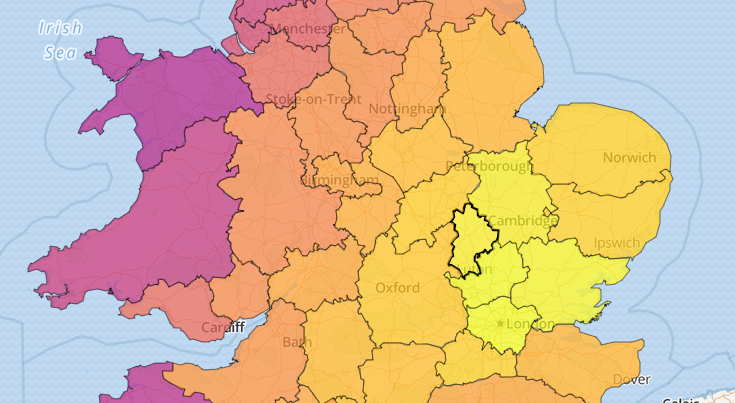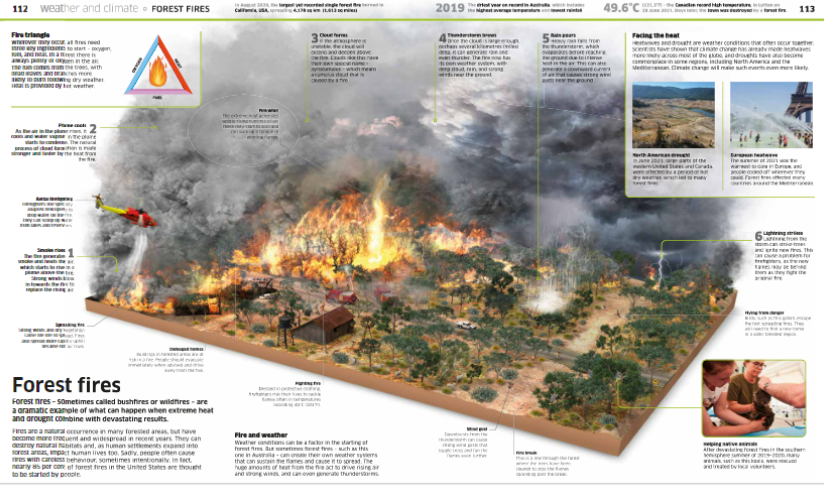World Met Day - Shaping the future of meteorology
23 March 2023

World Meteorological Day takes place every year on March 23. This year, the World Meteorological Organisation (WMO) is marking its 150th anniversary. To celebrate, the University of Reading is highlighting its contributions to our understanding of climate change in the past, the present and the future.
New science, new scientists
The University of Reading launched its ‘Climate Change and Artificial Intelligence’ Master's course last year. The postgraduate course aims to give its participants the key skills to harness the latest computer science in the context of, and helping to solve, some of the biggest environmental problems the planet will face. The course is believed to be the first postgraduate course of its kind in the UK. Students are learning about the science of climate change, artificial intelligence and machine learning, and the values, ethics and justice of climate change.
Also preparing the next generation of eco-leaders is Henley Business School. Its ‘Climate Change, Sustainable Business and Green Finance’ course combines the expertise of finance experts with climate scientists from the University of Reading’s meteorology department. In response to high demand from the finance industry, the new MSc will equip students with the skills to prepare for climate change within a business setting, making them invaluable to companies and communities planning for the future.
Preparing for future risks
A UK map (pictured) showing the risks facing different regions from the worst impacts of climate change has been developed by the University of Reading’s Professor Nigel Arnell, in collaboration with the UK Climate Resilience Programme, the UK Centre for Ecology and Hydrology, and The Institute for Environmental Analytics.
Climate Risk Indicators is an interactive web app designed to allow users – from interested members of the public to climate action advocates and policymakers – to better understand the current and future climate risks that towns, cities and nations face across a range of scenarios.
The information is provided at scales ranging from districts to the four nations of the UK, and for several different scenarios, showing people in the UK how different scenarios for future global emissions of greenhouse gases will impact their lives and jobs.
Children are our future
It’s not just students, scientists and policymakers that Reading’s experts are aiming to inspire and enlighten. Dr Peter Inness, from the University of Reading’s Department of Meteorology, is a co-author in a new Smithsonian book for youngsters all about planet Earth.

In Knowledge Encyclopedia Planet Earth!, Dr Inness helps to explain what today’s leaders and tomorrow’s experts can do to stop climate change. Featuring sections on extreme weather and sustainable development, the book is the latest in a series of children’s educational books that helps young learners to explore the inner workings of the world around them, featuring floods, hurricanes, volcanoes, and deserts.
This is part three of a series of articles showing how the University of Reading has contributed to advancements in understanding climate change in the past, present and future. Check our previous articles published in the build-up to World Met Day (today. Thursday, 23 March)

